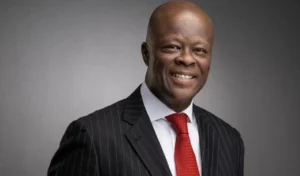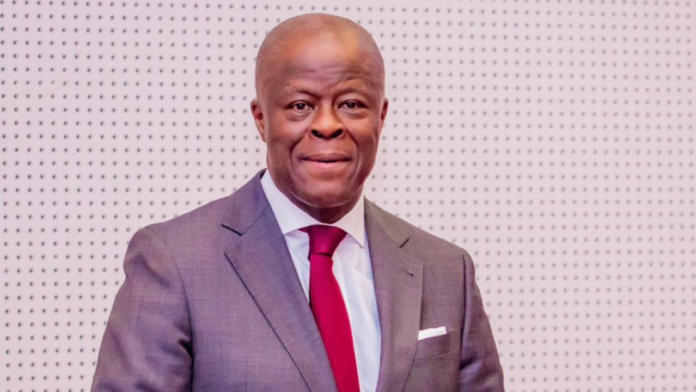The Nigerian federal government has received approval to secure a $2.2 billion loan to support economic recovery and finance key reform initiatives.
This decision came from the Federal Executive Council (FEC) following a meeting presided over by President Bola Tinubu at the Presidential Villa in Abuja on Thursday.
Finance Minister Wale Edun, while briefing correspondents, detailed that the loan will be structured through a blend of Euro bonds and Sukuk financing.
Specifically, the government plans to raise $1.7 billion via Euro bonds and an additional $500 million through Sukuk bonds.
However, the final structure will be determined based on advice from financial and commercial advisors, who will assess current market conditions to decide the optimal approach.
“This $2.2 billion loan is part of our broader strategy to stabilize and grow Nigeria’s economy, and we aim to complete the federal borrowing program through access to international capital markets,” Edun stated.
He added that the National Assembly’s approval would be the next step, ideally finalizing the arrangement within the year.
The loan will help advance the government’s macroeconomic agenda, particularly in key areas like petroleum product pricing and foreign exchange market reforms.
Edun highlighted Nigeria’s recent milestone in achieving local refining of petroleum products in October, attributing this to reforms launched by the Tinubu administration.
“This progress stems directly from President Tinubu’s economic reforms, which began on May 29, 2023.
We’ve made significant strides in restoring macroeconomic stability and promoting self-sufficiency,” Edun said.

The approved financing is part of the amended 2024 Appropriation Act and will fund critical projects aimed at revitalizing Nigeria’s economy.
Reforms such as subsidy removal, fuel price liberalization, and currency adjustments are central to the government’s recovery strategy, and the loan approval is seen as a vote of confidence in these policies from the international market.
Edun expressed optimism about the country’s economic trajectory, pointing to the successful domestic dollar bond issuance earlier this year as an indicator of strong investor confidence in Nigeria’s financial markets.
“We remain committed to implementing structural reforms that support sustainable growth and enhance Nigeria’s fiscal stability,” he concluded.




